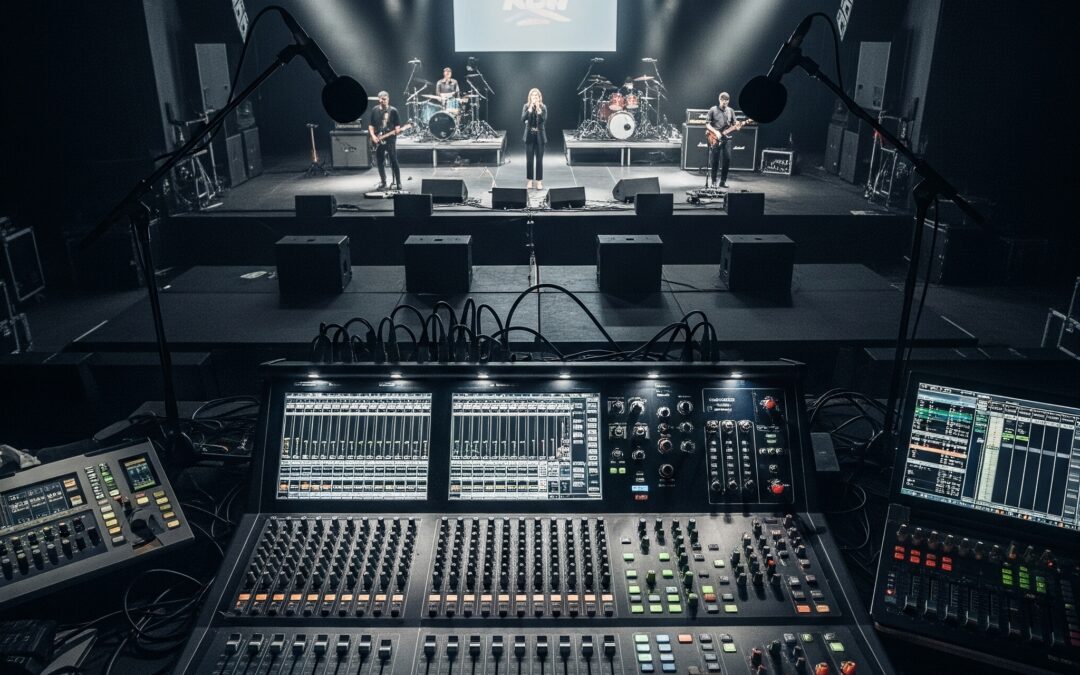Introduction: Why Sound Engineering Requires a Solid Foundation
Sound engineering is at the core of modern audio production—from film scoring and podcasting to live music and broadcasting. But before diving into mixing boards and DAWs, it’s essential to understand the foundational prerequisites. This article explores the necessary skills, tools, and knowledge every aspiring sound engineer must acquire.
Understanding the Role of a Sound Engineer
What Does a Sound Engineer Do?
Sound engineers manage audio recording, mixing, editing, and reproduction. They work in studios, live venues, broadcast centers, and on film sets.
Types of Sound Engineers
- Recording Engineer
- Mixing Engineer
- Mastering Engineer
- Live Sound Engineer
- Broadcast Engineer
Each role requires different technical competencies and practical knowledge.
Educational Background: Is a Degree Necessary?
Formal Education vs. Self-Taught Path
While many professionals are self-taught, a formal degree in audio engineering, music production, or acoustics can offer structured learning.
Relevant Degree Programs
- Audio Engineering
- Music Technology
- Acoustical Engineering
- Broadcast Journalism (for radio/audio media)
Technical Skills You Must Learn
1. Audio Signal Flow
Understanding how sound travels from input to output is vital.
2. Acoustics and Psychoacoustics
Grasping how sound interacts with environments and how humans perceive it.
3. Digital Audio Workstations (DAWs)
Familiarity with industry-standard DAWs such as:
- Pro Tools
- Logic Pro
- Ableton Live
- FL Studio
4. Microphone Techniques
Learning how to position and select microphones for different instruments and spaces.
5. Mixing and Mastering Basics
EQ, compression, reverb, and stereo imaging are crucial tools.
6. Mathematics and Physics Fundamentals
A strong foundation in mathematics—especially algebra, trigonometry, and physics—is essential. Understanding frequency, wavelength, decibels, impedance, and wave behavior helps interpret and apply audio principles effectively.
Software and Tools to Master
DAWs and Plugins
- Equalizers (FabFilter Pro-Q)
- Compressors (Waves, UAD)
- Reverb & Delay (Valhalla, Lexicon)
Audio Interfaces and Hardware
Understand interfaces like Focusrite Scarlett or Universal Audio Apollo.
Monitoring Tools
- Studio monitors (Yamaha HS8, KRK Rokit)
- Headphones (Audio-Technica M50x, Beyerdynamic DT 770 Pro)
Musical Knowledge: How Much Do You Need?
Understanding Music Theory
While not mandatory, a grasp of rhythm, scales, and chord progressions is advantageous.
Ear Training
Developing aural skills to identify pitch, tone, and frequency nuances.
Practical Experience: The Key to Mastery
Internships and Assistant Roles
Hands-on experience in a studio or with a sound team at events is invaluable.
Personal Projects
Working on your own recordings, podcasts, or short films can build a portfolio.
Soft Skills for Sound Engineers
Communication and Collaboration
Working with artists, directors, and other engineers demands strong interpersonal skills.
Problem-Solving and Troubleshooting
Technical issues can occur at any time—during a live concert, a studio session, or a film shoot. Being able to quickly troubleshoot signal flow issues, hardware malfunctions, or software glitches is a hallmark of a reliable sound engineer.
Critical Thinking and Analysis
Sound engineers must make rapid decisions regarding audio quality, equipment choice, and creative direction. This demands a high level of analytical thinking and attention to detail to ensure clarity, balance, and fidelity in the final product.
Time Management
Deadlines are crucial in broadcast and production settings.
Certifications and Online Courses
Industry-Recognized Certifications
- Avid Certified User (Pro Tools)
- Apple Certified Pro (Logic Pro X)
Recommended Online Learning Platforms
- Coursera
- LinkedIn Learning
- Skillshare
- Berklee Online
Building a Portfolio
Why It Matters
A strong portfolio demonstrates your capabilities and versatility.
What to Include
- Sample mixes
- Live recordings
- Audio for visual media
Networking and Community
Join Sound Engineering Forums
Sites like Gearslutz (Gearspace), Reddit r/audioengineering offer community insight.
Attend Industry Events
Workshops, conferences, and trade shows provide hands-on exposure and contacts.
Common Mistakes to Avoid
Ignoring Gain Staging
Improper gain staging can ruin your mix before it begins.
Overprocessing Audio
Less is often more when it comes to plugins.
Not Listening Critically
Active listening is a skill that must be cultivated.
Career Opportunities After Learning Sound Engineering
Job Roles
- Studio Engineer
- Live Sound Technician
- Audio Post-Production Editor
Freelance vs. Full-Time
Explore both career paths based on your lifestyle and goals.
Final Thoughts: Start Small, Stay Curious
Learning sound engineering is a journey. Start with the basics, invest in quality education and gear, and build real-world experience. The right mix of technical skills, creativity, critical thinking, and perseverance will guide your path.
FAQs
1. Do I need to play an instrument to become a sound engineer?
No, but musical understanding is a plus.
2. Can I learn sound engineering from YouTube?
Yes, but supplement it with structured learning and practice.
3. What is the most important skill in sound engineering?
Critical listening and understanding signal flow are foundational.
4. How long does it take to learn sound engineering?
Anywhere from 6 months to several years, depending on dedication.
5. Is sound engineering a good career?
Yes, if you are passionate and willing to continually learn and adapt.

